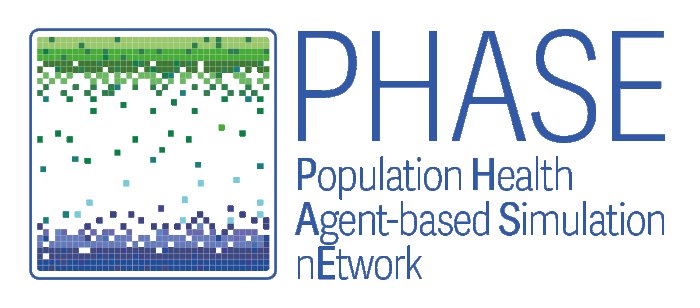Creating useful models for public health decision-making
Laurence Moore, University of Glasgow, UK
Eric Silverman, University of Glasgow, UK
Riccardo Colasanti, University of Glasgow, UK
Rich Mitchell, University of Glasgow, UK
Creating agent-based models (ABM) that are useful for public health decision-making requires a detailed understanding of the complex systems underlying public health challenges, including how individual health behaviours can be affected by multiple social and environmental determinants and interactions. Therefore, it is particularly valuable to co-produce models alongside the decision makers, practitioners and public who understand and experience these challenges from a variety of perspectives. As exemplified by Covid-19 modelling, ABM can provide a valuable tool for policy makers to examine social and economic policies before these are implemented in the real world. However, despite the potential of ABM to provide greater understanding and explore policy options across a wide range of public health issues such as physical activity, obesity, alcohol and tobacco use, to date there have been limited examples of ABM application in public health decision-making beyond infectious disease.
Hosted by the Population health Agent-based Simulation nEtwork (PHASE), this special track will include a selection of papers and panel discussion presenting ABM examples that have successfully brought together researchers and public health decision-makers and highlighting the challenges and opportunities around developing ABM projects that are useful for public health decision-making, with a particular focus on non-communicable disease prevention.


